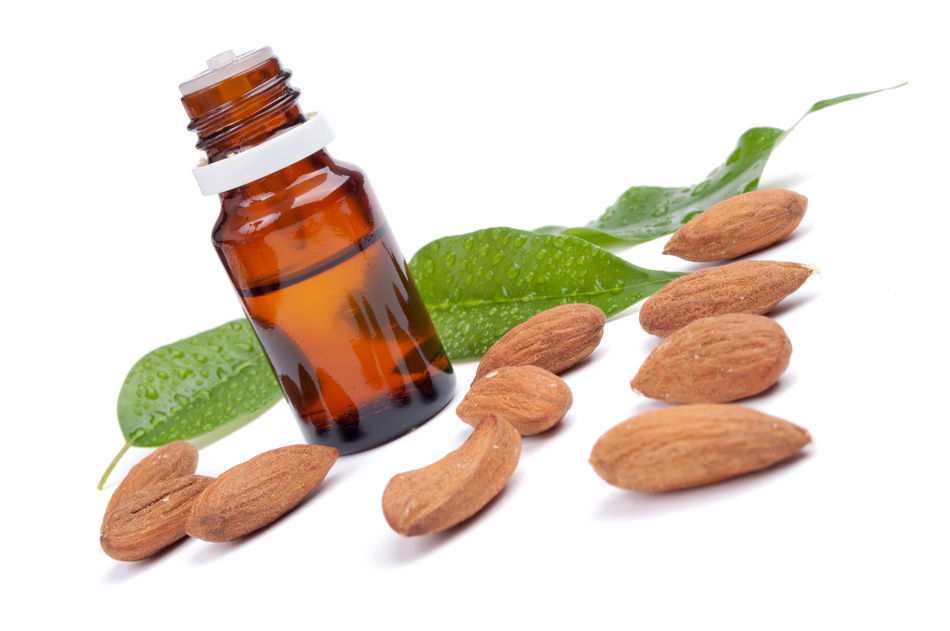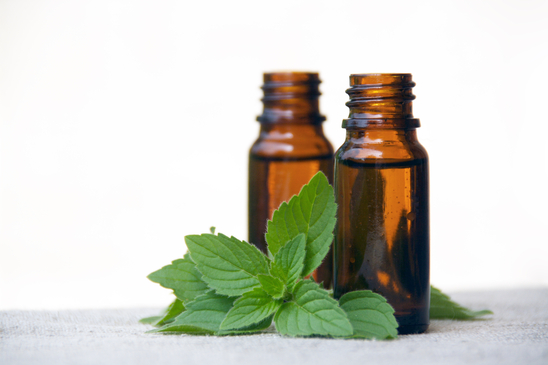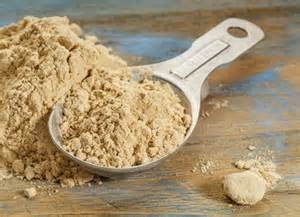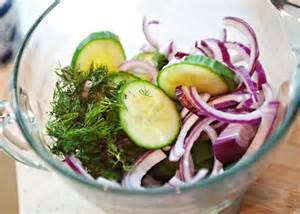Pre-biotic vs. Pro-biotic
Do you know the difference between a Pre-biotic and Pro-biotic?
If your answer is no, most people don’t. Most people don’t understand the importance of taking a pro-biotic. Our colon has an army of good bacteria that we need to come to our defense. They help us stay healthy and aid in digestion. They are referred to as beneficial bacteria. Probiotics prevent infections and yeast overgrowth by blocking harmful bacteria from attaching to intestinal walls. In women, recurrent yeast infections may be an indication that the healthy bacterial balance in the large intestine has become compromised. Although yogurt naturally contains probiotics, supplements may be more effective if you are looking for a concentrated source.
Pre-biotics are food for probiotics. Whereas probiotics are living microorganisms, prebiotics are non-living. Prebiotics can encourage the growth of beneficial bacteria already living in the body and also aid in the growth and maintenance of probiotics. Prebiotic fiber is found in many fruits and vegetables, such as the skin of apples, bananas, onions and garlic, Jerusalem artichoke, chicory root and beans. Side effects are rare, and most healthy adults can safely add foods that contain prebiotics and probiotics to their diet.
When you take antibiotics they suppress your symptoms but they also kill all the good bacteria in the body, so it’s easier to pick up the next bug going around. Antibiotics also proliferate yeast problems. Without friendly bacteria in the gut, yeast takes over and creates a myriad of other unpleasant symptoms like bloating, brain fog and fatigue. Antibiotics tend to squash both bad bacteria and the good bacteria in your system. So, I recommend you take probiotics following an antibiotic regime as well as part of your daily supplements.
Probiotics on a daily basis are an excellent way to help the body, and especially the gut, maintain health and wellness.” antibiotics tend to quash both bad bacteria (which ultimately makes you feel better) and the good bacteria in your system (which might actually make you feel even worse).

















